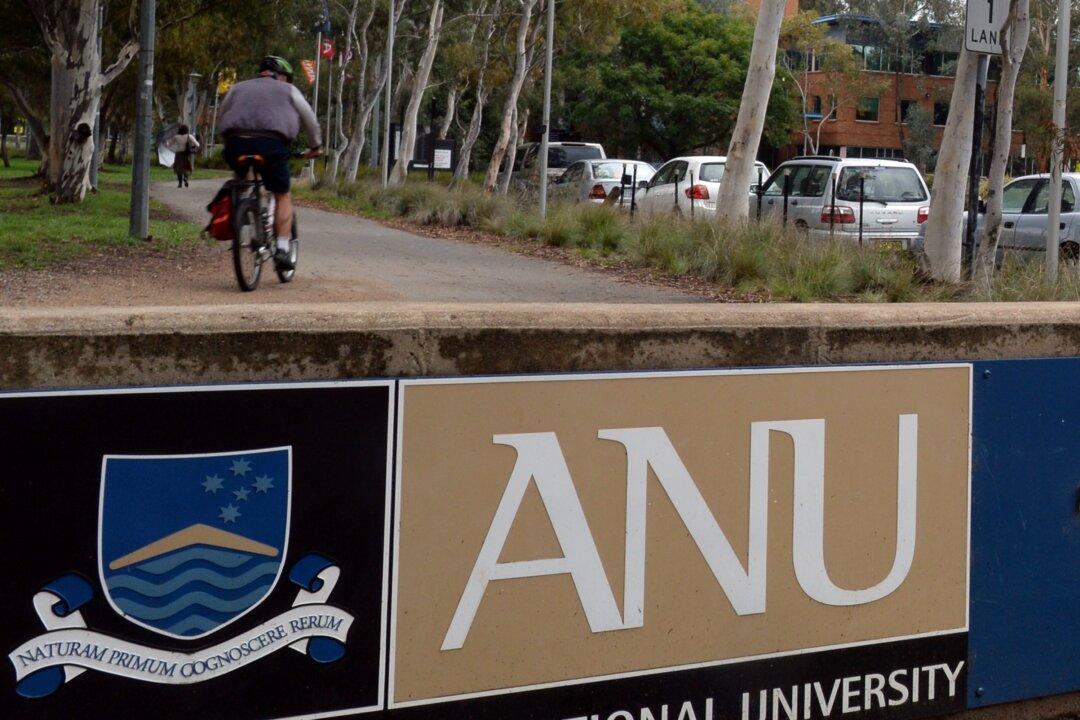The top four Australian universities rose up in the latest QS World University Rankings which placed five institutions into the top 50 universities in the world.
Australian National University (ANU) was proclaimed the best of the nation at rank 27, followed by the University of Melbourne (37), University of Sydney (38), University of New South Wales (43) and the University of Queensland (47).





